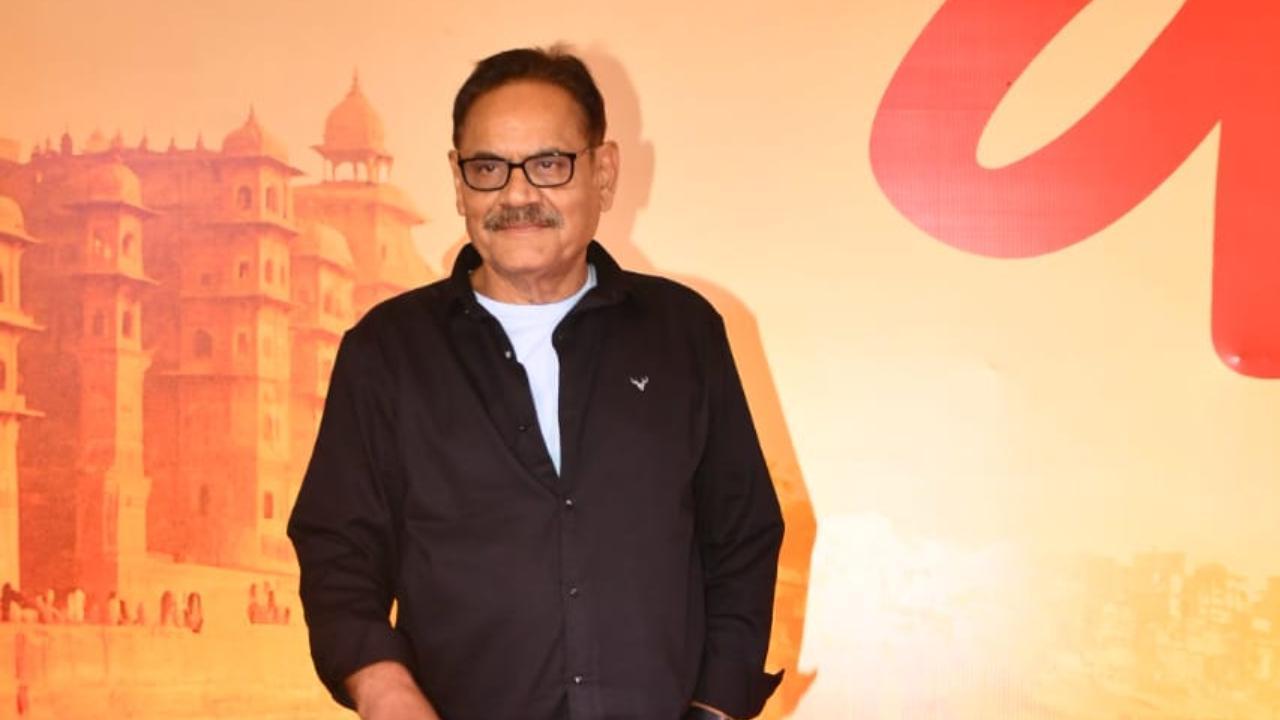
HBO’s ongoing prestige drama, which just wrapped its third season, is a tough one to describe. Though it has drawn comparison to HBO’s other shows that once occupied its prime airing slot — Succession and Euphoria — Industry lacks a clearly defined overarching theme that others possessed. However, describing what the show makes them feel, comes much easier to fans of the series. Quick, enthralling, and always threatening to pull the rug from under its characters — in its third season, Industry seems to have finally settled into its own unique groove that sets it up to become one of the best shows of 2024.
Set primarily on the trading floor of a top, fictional, London investment bank — Pierpoint — Industry follows the professional and personal lives of the young professionals working there. In its first season the main characters were still fresh graduates, which gave showrunners Mickey Down and Konrad Kay the easy way out to make the show sensational by introducing these novices to the horrors of the profession. Industry’s sophomore season garnered much more critical and popular praise, when Down and Kay brought back a more cohesive show. Its latest season has similarly attracted attention for its sharp, yet dramatic, writing that provides a delicious overload of drama in every episode.
Myha’la returns as Harper Stern, fresh from previous season’s firing to find herself holding on to a mundane desk job as an assistant, while her former mentor Eric Tao (Ken Leung) is given a promotion at Pierpoint. Marisa Abela is given a wider berth this season to play the doomed heiress, Yasmin Kara-Hanani, who has the eyes of the world on her as a scandal emerges around her father — who remains conspicuously absent from the present timeline. Meanwhile, compulsively down-on-his-luck Robert Spearing (Harry Lawtey) faces the task of deciding whether he belongs in this cut-throat industry.
Over the next eight episodes this season, Down and Kay write these characters into their worst nightmares while their best dreams come true. It ends up feeling like a constantly changing graph of extreme ups and down — not dissimilar to the ones that Pierpoint employees stare at all day. If it is financial jargon that turns you away from this show, then you would be relieved to know that even the actors are not aware of the meaning of the trades they shout across the floor. This ends up being a constant at the heart of Industry’s ever-changing motivations.
The audience does not need to decipher the economic implications to make sense of the drama, it only needs to understand the immediate emotional turmoil the character is facing. The feeling of being outsmarted by a fledgling that you trained, hits with the same intensity regardless of whether you understand the intricate machinations of how it was executed. This is largely in part of the writing prowess combined with the acting chops of the ensemble — both of which go back to focusing on the most primal human emotions.
.
Myha’la and Ken’s understanding of Harper and Eric constantly inspiring and sabotaging each other’s next moves is something that exists beyond what just happens at Pierpoint. Similarly, Yasmin and Robert’s storylines seek a professional future that is beyond Pierpoint, but find themselves restricted by their personal demons. For the characters that inhabit the selfish world of Industry, ‘there is no ‘happily ever after’ in sight to achieve.
Industry nevertheless remains a show that escapes a clear-cut definition. Its characters are not related for it to be called a family drama, and they betray each other with little remorse for it to be slotted as ‘friends coming-of-age in London’. The lines are also blurred quite a bit between the professional and the personal for it to be defined as a workplace drama. Down and Kay, who are themselves fresh entrants into the TV business, come from a background of investment banking jobs which they both quit. Their pursuit, in the writing of Industry, seems to be to prove exactly how non-conducive this particular job is with the humanity at the heart of their characters. There is no moral preaching to drive home this point, only characters coming back again and again to make bad moral choices for our viewing pleasure.
What has been outstanding this time around, is that the actors and showrunners have taken stock of the past two seasons, to settle down more comfortably this time around. Down and Kay strip down the show to create a healthy balance between an immersive experience for the audience, while not overloading it with unnecessary details. Instead of following multiple desks at Pierpoint, the show reduces its focus to one. At the same time, the showrunners manage to bring in a fresh cast with Game of Thrones’ Kit Harrignton playing an eccentric old-money CEO, and Barry’s Sarah Goldberg as Petra Koenig who joins hands with Harper to start a new firm. At Pierpoint, new graduates step on to the trading floor with Miriam Petche playing a refreshing Gen-Z worker Sweetpea.
Industry has achieved its highest viewership so far and expanded its fan base, which was reflected in a finale that came out with big swings. While there is no generosity for Industry characters, it ends up translating to a generous experience for the audience. With the show renewed for a fourth season already, it seems silly not to be bullish on Industry, for high returns on your viewing experience.
Industry is available for streaming on JioCinema
Published – September 30, 2024 11:35 am IST
English cinema / World cinema / television / reviews










